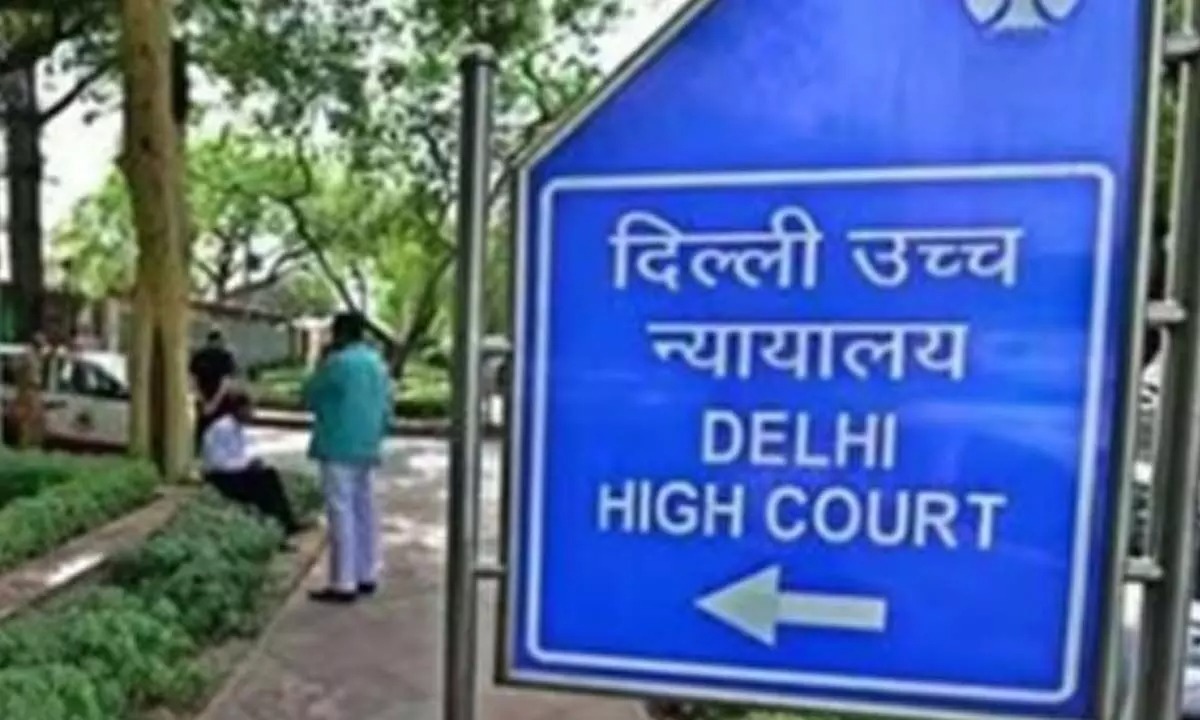T.C. Raghavan, J.@mdashThe appellant, a private limited company, filed a suit against the respondent, the State of Kerala, for refund of a sum of Rs. 4613.25 with interest paid under protest. Both the lower courts dismissed the suit. The Subordinate Judge held that the appellant-company was a successor of Sanker Oil Mills, a proprietary concern; and he also held that the payment made by the company was a voluntary payment. The Subordinate Judge further justified his conclusion u/s 108(g) of the Transfer of property Act. On appeal the District Judge reversed the decision of the Subordinate Judge on the first point, viz., that the appellant was a successor of Sanker Oil Mills. But on the other two questions the District Judge agreed with the Subordinate Judge and confirmed the dismissal of the suit. The counsel of the appellant has argued that the conclusion of the District Judge that the payment was voluntary and that it would come u/s 108(g) of the Transfer of Property Act is erroneous. The counsel has also pointed out some material facts in support of this argument. Ex. P2 is the demand notice. It is dated 29th January 1962 but was served on the appellant on 18th February 1963, more than a year after. The notice does not indicate from which office it emanated; nor does it indicate which Tahsildar signed it. The notice is addressed to the Director of the appellant-company. The notice does not also indicate the nature of the liability, whether it was land revenue arrears or sales-tax arrears. The appellant wrote under Ex. Dl the very next day, 19th February, to the Tahsildar, Alleppey requesting him to clarify under what account the amount was due. On the same day (19th February) the appellant appears to have obtained the certificate Ex. P3 from the Sales-tax Officer, Shertallai, which shows that the appellant-company was not in arrears of any sales tax. The Tahsildar of Alleppey wrote under Ex. P4 on 26th February 1963 to the appellant intimating that Ex.P2 emanated from the Tahsildar of Shertallai, whereupon the appellant wrote under Ex.D2 on 5th March 1963 to the Tahsildar, Shertallai enclosing a copy of Ex. D1. The Tahsildar, Shertallai did not send any reply to Ex. D2. On 20th March 1963 the appellant, however, paid the money and also wrote Ex. D3 to the Tahsildar, Shertallai, intimating him that "the sum of Rs.4613.25 and other charges were being paid, under protest and denying liability". It was after such payment that the suit giving rise to the second appeal came to be filed.
2. The first question to be considered is whether the payment under the circumstances mentioned above was a voluntary payment. Obviously, it could not be a voluntary payment; and for this position I do not think any authority is required, because the appellant made every effort to know under what account the liability arose and ultimately paid the amount stating that the amount was being paid under protest and denying liability. It is not necessary that the appellant should have waited for further coercive proceedings against the company; and it cannot be said that payment under such threat alone is not a voluntary payment. However, I refer to two decision brought to my notice by the counsel of the appellant, Lutchmee Doss v. The Secretary of State for India in Council (I.L.R. 32 Mad. 456) and Kandukuri Mahalakshmamma Garu v. The Secretary of State for India in Council (I.L.R. 34 Mad. 295) which lay down the same principle. Therefore, the finding of the District Judge that the payment made by the appellant was voluntary is erroneous.
3. The next question is whether the payment will come u/s 108(g) of the Transfer of Property Act. The sub-Section provides that, if the lessor neglects to make any payment which he is bound to make and which, if not made by him is recoverable from the lessee or against the property, the lessee may make such payment himself and deduct it with interest from the rent or otherwise recover it from the lessor. The appellant-company was not told at any time that their lessor was liable to pay arrears of sales-tax and if the appellant wanted to protect the company''s interest in the properties in their possession the appellant might make a payment u/s 108(g) of the Transfer of Property Act. The demand notice was issued to the appellant as if the liability was that of the appellant and the money was recovered also from the appellant as if due from the appellant; and therefore, there is no question of the application of section 108(g) of the Transfer of property Act to the case. It may be recapitulated that, in a spite of the appellant''s enquiries regarding the nature of the liability, the appellant was not told on what account the demand notice was issued.
4. At this stage, the Government Pleader has attempted to support the decision of the District Judge on the first point, namely, that the appellant was a successor of Sanker Oil Mills. This the respondent is entitled to do under. O.41 R 22 of the Code of Civil Procedure: the respondent is entitled to establish that the finding of the District, Judge on this question against the appellant is erroneous and thus support the decision of the District Judge.
5. Now section 28 of the Cochin Sales-tax Act of 1121 is the relevant section which deals with this; and the section says that when the ownership of the business of a dealer is entirely transferred, any tax payable in respect of such business and remaining unpaid at the time of the transfer shall be payable by the transferee as if he had been carrying on the business throughout the period for which the tax is due. The relevant question thus for consideration is whether the ownership of the business of Sanker Oil Mills was entirely transferred to the appellant-company.
6. Ex. P1 is the lease deed taken by the appellant-company from Chunilal Murarka, the sole proprietor of Sanker Oil Mills in 1952. The document provides for a perpetual lease and payment of rent from 1961 onwards. The rent till then had been paid. It is also provided in the document that the goodwill of Sanker Oil Mills is not transferred to the appellant-company and the appellant cannot use the name Sanker Oil Mills. In 1956 there was a partition under Ex. D8 in the family of Chunilal Murarka, whereunder the assets and liabilities of Sanker Oil Mills were allotted to him, the father. This evidently shows that even in 1956 Sanker Oil Mills were in existence and the assets and liabilities of the Mills were separately taken as the share of Chunilal Murarka. It may also be noted that the appellant-company was incorporated in April 1945 (vide Ex. P9, the Memorandum of Association of the company). From the facts stated above it is clear that there was no complete transfer of the ownership of the business of Sanker Oil Mills to the appellant-company. The District Judge is therefore right in his conclusion on this question and the Subordinate Judge is in error when he says that from the recitals in Ex. P-1 and D8 and the evidence of PW1 it could be gathered that there was a complete transfer of the business. Therefore, on this question the Government pleader cannot contend that there was a complete transfer of the ownership of the business and he cannot sustain the decision of the District Judge at least on that ground. The second appeal is allowed, the concurrent decision of the, lower courts is set aside and a decree is granted to the appellant company, for Rs. 4896/- with six per cent interest thereon from the date of plaint till realisation. The appellant-company will also get costs on this amount in all the three courts.

